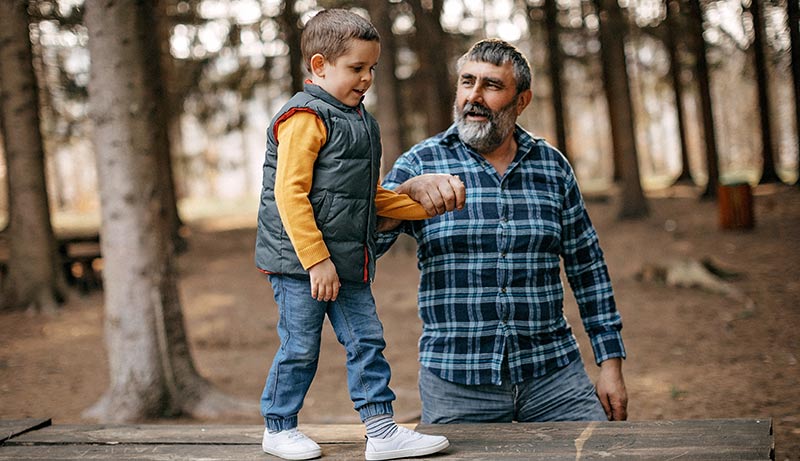Proceed with Caution: The Pandemic and Harm Reduction
We are in a time of choices and balancing acts. As the Coronavirus lingers, we face difficult choices. So medical officials advise us to proceed with caution.
Meanwhile, the ubiquitous protests in the U.S. and elsewhere following the execution-style death of George Floyd at the hands of law enforcement, have begun to worry respected public health figure Dr. Anthony Fauci;
“It is the perfect set up for the spread of the virus in the sense of creating some blips which might turn into some surges…there certainly is a risk,”
“It’s a difficult situation. We have the right to peacefully demonstrate and the demonstrators are exercising that right.. It’s a delicate balance, because the reasons for demonstrating are valid and yet the demonstration itself puts oneself at an additional risk.”
There is a perfectly safe solution for avoiding infection with Covid-19 — just stay inside and away from all other human beings permanently!!!
But of course this is nonsense: people need to live their lives, and a crucial part of human existence and well-being is connection to community and to others. (For many, “living their lives” now means that they protest in large groups, as well as such normal activities as spending time with family and friends.) In fact, the need for connection is so essential to human functioning that even those who look through a medical lens like Fauci accept, even encourage, human engagement.
Thus medical officials like Fauci don’t say that we must stop protesting, and none believe that we ought to simply stop all involvement with people for the next 18 months.” As described in the New York Times:
And because life on permanent lockdown isn’t sustainable, public health experts are beginning to embrace a “harm reduction” approach, giving people alternatives to strict quarantine. These options — like forming a “bubble” with another household or moving social activities outdoors — don’t eliminate risk, but they minimize it as people try to return to daily life.
These reflections on Covid-19 offer a way for thinking about addictive behaviors and substance use as well.
Some of these areas (love, sex, food, shopping) are impossible to stop altogether. Some (drugs, alcohol) can be halted, but many people are unwilling or unable to do so — certainly forever.
Proceeding in these addictive behaviors with as little harm as possible is actually the original source of the term harm reduction (HR). What does HR look like in these cases?
With love, sex, food and shopping addictions, the goal is to avoid compulsive and uncontrolled behavior. Eat only at specific times (like meals). Shop only within a specific budget. With relationships, try to avoid pitfalls of excess that have previously harmed you: e.g., limit interactions to weekends, rule out certain settings for interacting (e.g., bars), avoid types of people or relationships that have been dead ends for you in the past.
Drugs and alcohol are notorious for people “chasing the dragon” — that is losing track of consumption and simply going all out no matter what you have previously promised yourself.
Of course, you can impose the same types of limits in terms of amount, time, and place for consumption as we described with love, sex, food and shopping.
But controlling substance use also suggests another approach — top down, so to speak. That is, rather than establishing a plethora of rules, find goals, activities and values that rule out excessive use. One obvious example that often suffices for people is parenthood. Very few parents will give themselves over to intoxication when caring for their kids! (Would you?)
Or people can find larger goals in life — school, work, community activism — that require sobriety, meaning anything from abstinence to moderate use.
Which brings us back to black-lives-matter protests. People engaged in seeking racial justice are just not inclined to become enmeshed in addictive activities or substance use. They have better things to do!
Click here for more information on Harm Reduction








Yeah…um… I tried harm reduction for 40 years! All it did was cause more harm! 100% abstinence from all drugs including Alcohol tobacco and nicotine is what has given me true Independence
Great article
May I re-post on Boston Area Harm Reduction Therapies on Facebook, crediting LP?
Thanks,
Rivkah
Hi Rivkah,
Yes – you are welcome to re-post.
Thanks,
Stanton